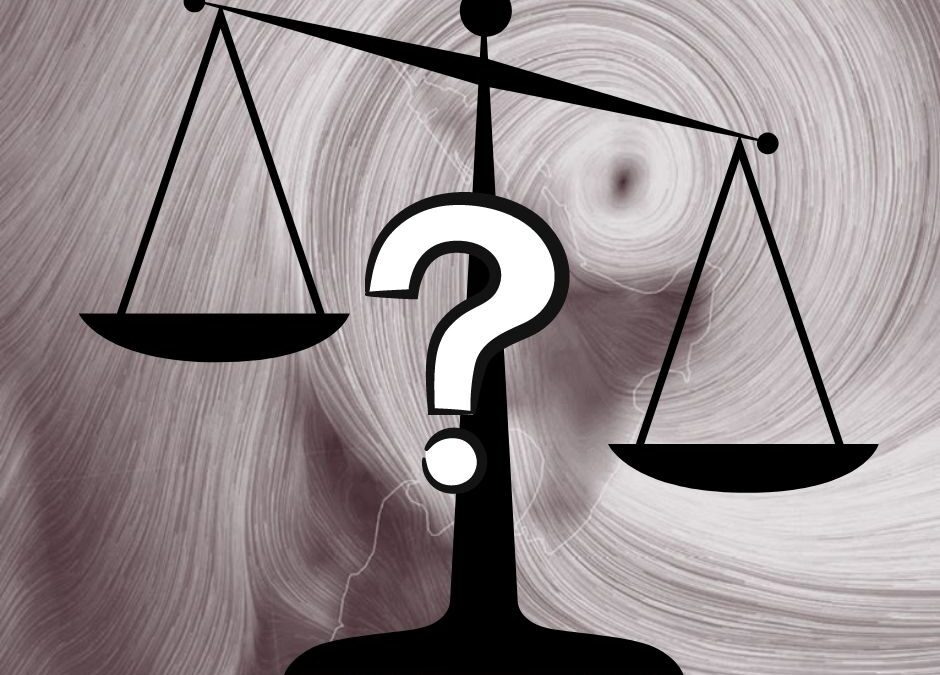
by Dr Stuart Lange | 3 Mar , 2023 | About Christianity, Articles, Featured
Some Christians have wondered so. There are some grounds for that: God hates evil, God is on record (in biblical times) as punishing people and nations, there is much about New Zealand society that must be ethically and spiritually offensive to God, God has every right to punish, and one way or another we all deserve God’s chastening.
Most Christians would hesitate, though, to name specific natural disasters as God’s punishment. Can we be certain we definitely know God’s mind in this?
Biblically, natural disasters and human suffering in general are part of our fallen, sin-marred, groaning world (Romans 8:22). Human sinfulness has made a mess of God’s good creation, and continues to do so. Much suffering is also linked to ongoing human wrongdoing (our own, or that of others). And suffering happens to both believers and unbelievers.
Christians look forward to God’s justice one day being fully established, on the Day of Judgement, and in the new heaven and earth. In the meantime, it appears God in his mercy stays his hand, and all over the world much individual and societal sin remains unpunished for now.
Unquestionably, human suffering can provoke people to review their lives, and sometimes to reach out to God. This remains a great time for Christians to be praying for others around us, and for our society, and to be reaching out with Jesus’ love and grace.
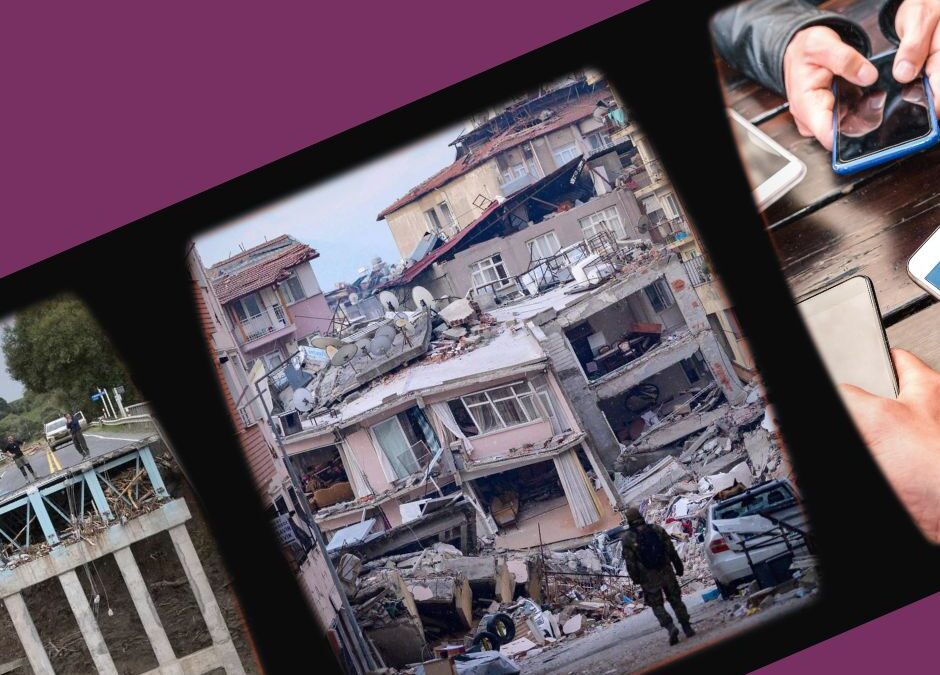
by Dr Stuart Lange | 17 Feb , 2023 | Articles, Christianity and Social & Moral Issues, Christianity in New Zealand, Featured
Storms and quakes
The shocking devastation wreaked in New Zealand by the recent storms, and in Turkey and Syria by the earthquake, remind us that in this fallen world our safety can never be assumed. All human life is mortal and vulnerable, and God alone is our Rock and our eternal refuge. These were natural disasters, for sure, but there were also exacerbating elements of human culpability. These include unwise land use, and worldwide unwillingness to make the changes that could more effectively reduce climate change, and – in Turkey and Syria – the complicating factors of poverty, inadequate building standards, division, and civil war. For Christians, such events also remind us to pray for all those who have been traumatised, or mourn, or have suffered other great loss, and to love our neighbours and offer support and practical help to those who need it.
Understanding Gen Z
NZCN warmly encourages pastors, youth leaders, and young adults leaders to register for the free The Open Generation events, being held in four different centres around New Zealand. Sponsored by Alpha and World Vision, these seminars will unpack the results of Barna research on the thinking of Gen Z (ages 13-17) youth. The study explored the thinking of 25,000 teenagers across 26 countries. The aim of the study was to help ministry leaders understand how teenagers see their faith and the world, especially in relation to Jesus, the Bible, and Justice. Each event will feature David Kinnaman (CEO Barna group), Dr Sam Bloore (Venn Foundation), and a panel of local practitioners from each city.
Register yourself and any other leaders from your church for this free event, which will be held in Auckland, Christchurch, and Wellington.
The postponing of proposed Hate Speech amendment
NZCN was pleased to see the Government withdraw its proposed legislation on “hate speech”, an amendment to the Human Rights Act to outlaw incitements to hatred on the basis of “religion”. Almost everyone agrees that all incitements to hatred and violence are deplorable, and that the horrific attack on the Christchurch mosques was utterly inexcusable. The inclusion of “religion” as a category in the legislation was problematical, however, as NZCN pointed out in our submission. Among other things, which religions would be included, how do you define majority and minority religions, and could this inclusion inhibit proclamation or critique by anyone of any belief for fear that someone somewhere might lay a complaint that they were being hateful? NZCN suggested the matter needed to be thought through much more carefully. We also note that the matter has only been deferred, and that the Government has previously also wanted to include some other protected categories.
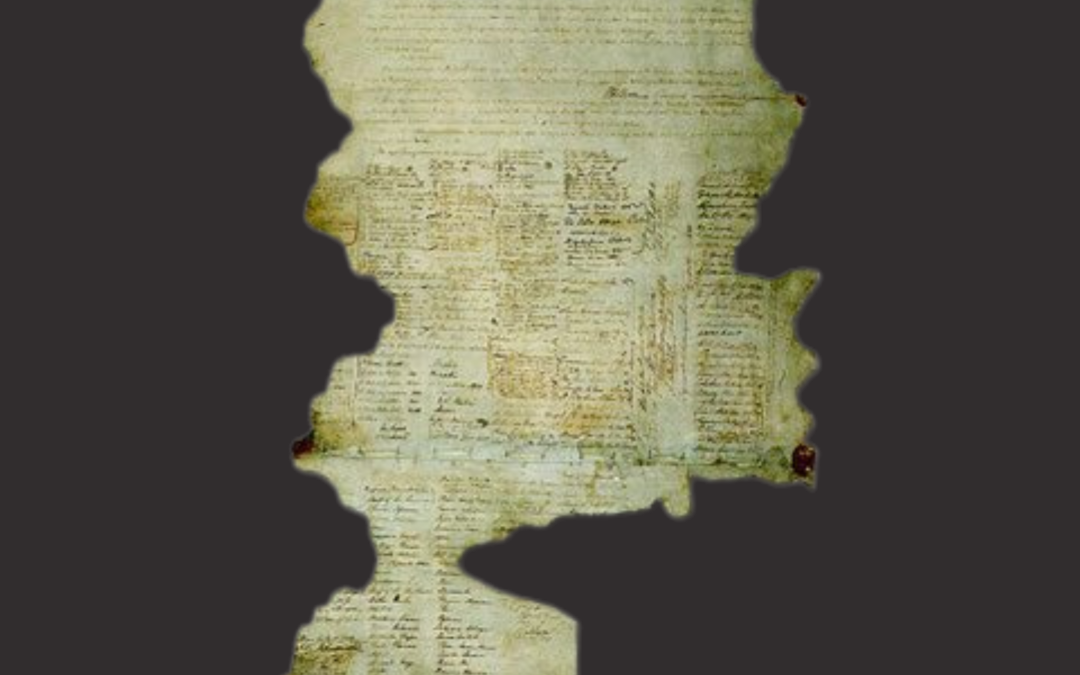
by Ian Guy | 3 Feb , 2023 | Articles, Christianity in New Zealand
On Monday, 6 February, we commemorate the signing of the Treaty of Waitangi in 1840.
Many Māori see the Treaty in spiritual and Christian terms as is seen in one of their names for the Treaty: ‘Te Kawenata o Waitangi’ (‘the Covenant of Waitangi’).
Covenant is a very appropriate word to use. The word itself is of Latin origin (con venire), meaning a coming together.
In our context it describes two peoples who choose to come together to make a contract, agreeing on promises, stipulations, privileges, and responsibilities. As in the marriage covenant the understanding is that Te Kawenata o Waitangi is permanent, and is based upon God’s covenants with the faithful of this world.
The Treaty of Waitangi was prepared and signed out of deep concern of the impact of European settlement upon Māori.
In the 1830s New Zealand was increasingly attractive to European settlers, and it was also largely without any protections that governed settlement. Those Missionaries then serving here were concerned that the lack of legal protection for Māori could have catastrophic consequences, and talk of a formal relationship began to develop.
At the same time in England evangelical Christians were prominent in public service and parliament, these leaders were deeply influenced by the teaching and the life of Jesus, and their reforms which included the abolishment of the slave trade in the British empire were far-reaching. Amongst the same group a campaign began for the protection of Māori. James Stephen, the brother in law of William Wilberforce, was part of this. He was also the permanent undersecretary in the Colonial Office, and was instrumental in drafting the following instructions that were to guide William Hobson when he was sent to New Zealand.
All dealings with the Aborigines for their Lands must be conducted on the same principles of sincerity, justice, and good faith as must govern your transactions with them for the recognition of Her Majesty’s Sovereignty in the Islands. Nor is this all. They must not be permitted to enter into any Contracts in which they might be ignorant and unintentional authors of injuries to themselves. You will not, for example, purchase from them any Territory the retention of which by them would be essential, or highly conducive, to their own comfort, safety or subsistence. The acquisition of Land by the Crown for the future Settlement of British Subjects must be confined to such Districts as the Natives can alienate without distress or serious inconvenience to themselves. To secure the observance of this rule will be one of the first duties of their official protector.
This instruction became the foundation for The Treaty that was soon to be signed.
The Treaty that we commemorate on Monday was born out of a desire of two peoples to honour one another and to ensure that the most vulnerable in the partnership were protected; it was inspired and shaped by the Word of God and a desire to honour God from many amongst the British and among the Māori.
May we give thanks for the history of this land and the way God enabled Te Kawenata o Waitangi.
Mā te atua koutou e tiaki e manaaki i ngā wā kato
Some information in this article is sourced from an article by Bosco Peters, Christians And The Treaty Of Waitangi, Feb 2019
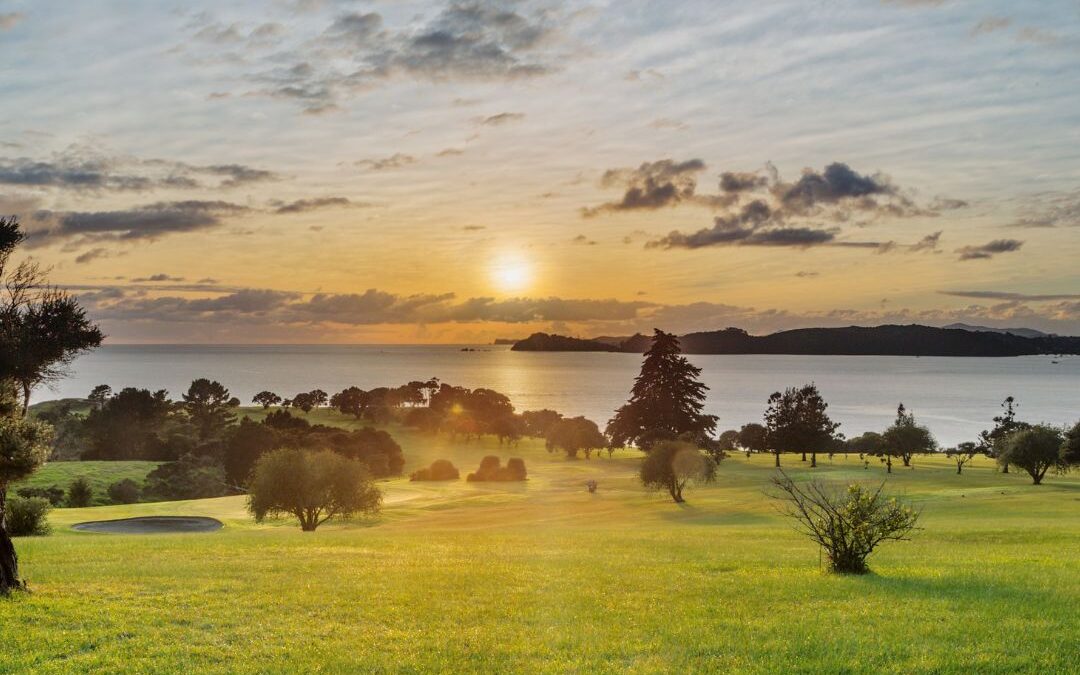
by Dr Malcolm Falloon | 3 Feb , 2023 | Articles, Christianity in New Zealand
What is the “spirit” of the Treaty of Waitangi? Often discussion of this question is focussed exclusively on the text of the Treaty itself. But it is also helpful to consider the wider ceremonial context in which the Treaty was first enacted. In considering the spiritual significance of the Treaty, I would like to highlight three features of its signing: Hobson’s greeting, Patuone’s gift, and the distribution of treaty blankets.
Hobson’s greeting
As each rangatira signed the treaty, Governor Hobson shook their hand and said, “He iwi tahi tatou” (We are one people). This whakataukī (significant saying) apparently delighted Māori, but what would they have understood by it? In the first instance, Māori would have recognised a confirmation of Henry Williams’ explanation. Williams, the leading Anglican missionary, had told them that by signing, “they would become one people with the English… under one Sovereign, one Law, human and divine.” But for many Māori, the words would also have resonated deeply with the Bible: “For Christ is our peace, having made both groups [Jew and Gentile] into one.” (Ephesians 2:14). Hobson’s greeting linked the sacred and the secular in a way that would have made perfect sense to Māori of the day.
Patuone’s gift
After the signing, Patuone, a leading Ngā Puhi rangatira and peacemaker, stepped forward and presented Hobson with a mere pounamu (a greenstone hand weapon) intended expressly for Queen “Wikitoria”. Mathew Felton, a member of Hobson’s entourage and the one who reported the gift, recognised the value of such a rare taonga, but seemed unaware of its deeper significance. For, rangatira who wished to make peace with an enemy would send their mere pounamu to their opponent, who, by accepting it, would establish an enduring peace between their hostile iwi. Consequently, the 500 or so Māori who gathered to witness the signing would not have missed the significance of Patuone’s gift. If the act of signing the Treaty sealed the agreement from a British standpoint, the presentation of the mere pounamu by Patuone was its cultural equivalent from a Māori perspective. It was a fitting response to Hobson’s greeting and linked the Treaty to traditional practises of peacemaking.
Treaty blankets
At the end of the ceremony, Hobson asked the missionary printer, William Colenso, to distribute a bale of blankets and a cask of tobacco to all those who signed. It was an exchange viewed with cynicism by later generations of settlers, who resented what they called the “blanket treaty”. Yet to see this distribution as merely a bribe to “naked savages” is to be insensitive to the cultural protocols involved. Hobson, with his western sensibilities, had been careful to withhold any gifts until the ceremony was completed, and yet, to have not offered a koha would have been interpreted as a deliberate insult within a culture that placed such importance on reciprocity and hospitality. In later years, the red treaty blankets were worn as a mark of distinction by Māori rangatira in much the same way that the grey missionary blanket had earlier demonstrated a willingness to hear the missionary karakia. For Māori, what you wore was an important indication of your beliefs and allegiances. “Give me a blanket that I might believe!” was perplexing to the missionary who was looking for an inward conversion of the heart, but it reminds us that for a number of early converts the social expression of faith was just as important as its profession; how can you believe if disconnected from the community of faith by your very appearance? Hence, Māori enthusiasm for treaty blankets was not a sign of short-sighted avarice, but of a newly-formed allegiance and a continuing recognition of the agreement.
Implications
If the spiritual dimension of the treaty was important to all those involved in its first signing, it should continue to enrich our understanding of the document even in this secularising age. For just as a marriage licence cannot fully express the intentions of the happy couple, the “spirit” of the Treaty cannot be confined to the legal dissection of written texts, however important that may be. The first Māori Bishop, Fredrick Bennett, in urging New Zealanders never to forget the Treaty’s spiritual side, defined that spirit as “unity and peace between the Pakeha and Maori for all time”. His definition follows naturally as a succinct summary of Hobson’s greeting and Patuone’s gift. And as we heed the Bishop’s call, may we as a nation cloak our life together in the spiritual blanket that is the Treaty of Waitangi.
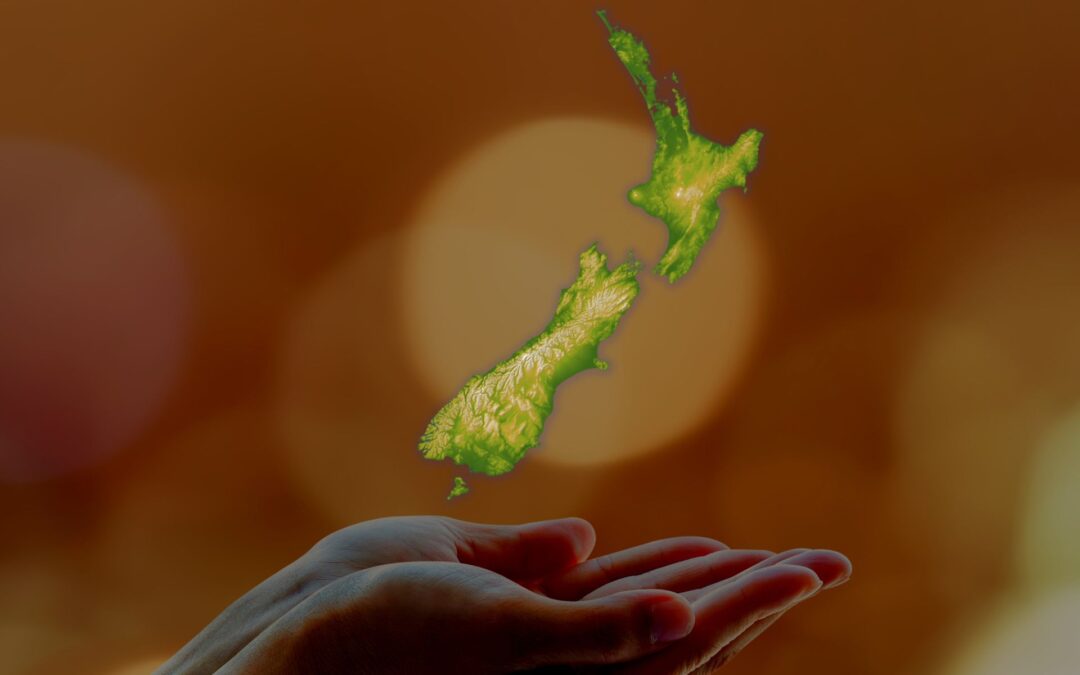
by Dr Stuart Lange | 3 Feb , 2023 | Articles, Christianity in New Zealand
PRAY for those who have been traumatised or demoralised by the recent floods, and for those – including churches – who are assisting them.
PRAY for the growing bi-cultural and multi-cultural unity of Aotearoa-New Zealand, and that Christians may be outstanding examples of inter-cultural oneness (see the article below, and join us on Pray As One at 8.00 pm on Waitangi Day).
PRAY for the Christians and churches in New Zealand, that they may be renewed in their faith in Christ, the Gospel and the Bible, that the Holy Spirit may deepen their life of prayer, that they may be full of faith, that they may be loving, that they may be wise, that they may be encouraged, and that they may be fruitful, growing, and of good repute.
PRAY for the Prime Minister, the Cabinet, and all Members of Parliament
- that they may make decisions which honour God and help everyone
- that, along with working for a good economy, all parties may be committed – in both word and action – to effectively address deep problems such as inequality, poverty, unaffordable housing, drugs, crime, the weakening of marriage and family, ongoing environmental degradation, and increasing moral confusions
- that the great wave of radical, loosely-written, and destructive social legislation – abortion ‘reform’, euthanasia, ‘conversion practices’, ‘hate speech’ etc. – may cease to roll through Parliament and society
- that the 2023 election campaign may rise above mere slogans, sectional interests, election bribes, accusations and counter-accusations, personality preferences, and instead thoughtfully deal with long-term problems
- that the 2023 election may result in more MPs who can be strong, courageous, persuasive voices for Christian faith and values.
PRAY for the New Zealand Christian Leader’s Congress, that this may be a great God-given time of oneness, stimulus, inspiration, heart-searching, prayer, and encouragement. Make sure you save the dates: 19-21 September 2023.
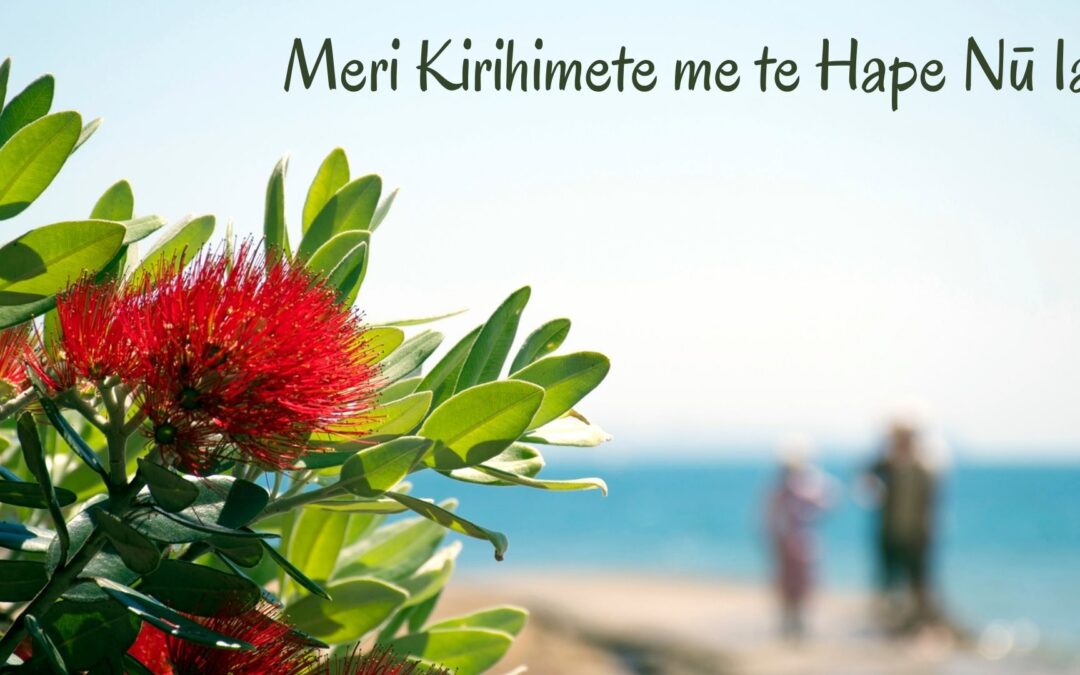
by Dr Stuart Lange | 16 Dec , 2022 | Articles, Christianity in New Zealand, Featured
Christmas and Christians
As Christians, we need to work hard to keep Christ central to Christmas. Our modern secularised society primarily sees Christmas as a special festive family get-together, with lots of food and drink, and as the start of the summer holiday season. Such a cultural tradition has its place, for sure, despite the pressures of getting everything ready.
For many people, the baby Jesus is at least faintly in the mix. But the true story of Christ’s incarnation has been generally eclipsed by the commercially-driven modern myth of Santa, flying reindeers, and loads of presents coming down every chimney (notwithstanding the distant thread of connection with a fourth century Christian bishop). And likewise overshadowed by other elements that make up a typical Kiwi Christmas.
However society at large may choose to celebrate Christmas, let us as Christian believers make Christ central, and be moved again in wonder that the infinite Creator and Lord of the universe has in his Son taken flesh and become God-with-us, to reveal more fully the love and truth of God, and to die and rise for our salvation.
New Zealand Christian Leaders Congress
We have received many highly positive responses to the news that next year, 19-21 September, NZCN will be hosting the 9th New Zealand Christian Leaders Congress. Many people sense that the time is right for Christian leaders to gather together, to hear from one another, and above to listen to what God is telling us. Read all about it here: What will it be like having 200+ New Zealand Christian leaders gathering together in the same room? Please (1) block out your diary for those dates (2) Keep letting us know about topics and speakers (and seminars) that you feel would be great for us to have (3) Remember this event in prayer.
NZCN’s Christmas and summer holiday close-down
The convenience of having an online membership with NZCN means that our church and Christain organisation members are still able to post new listings on our website. So, even though we won’t be sending out newsletters over the next six weeks, you can always check the website for new opportunities and to see what’s going on.
Please send a message if you need to get in touch and we will get back to you when we are able.
We wish you Meri Kirihimete me te Hape Nū Ia!











